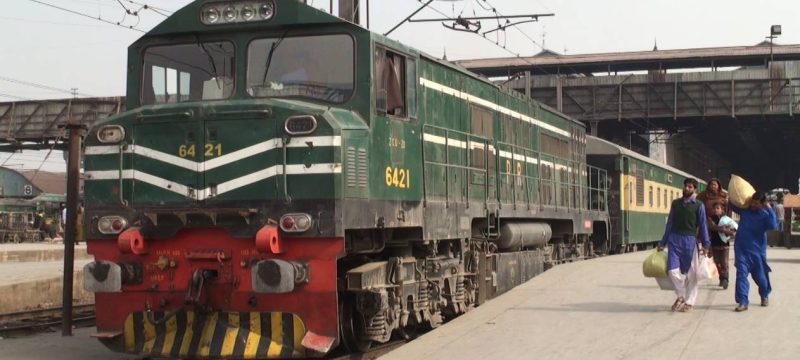China is set to deepen its footprint in Pakistan’s transport and logistics sector, with plans to invest in the modernization and expansion of Pakistan Railways. The initiative was discussed during a high-level meeting between Federal Minister for Railways Muhammad Hanif Abbasi and Jiang Yi, Secretary General of the All-China Federation of Industry and Commerce (ACFIC), in Islamabad on Tuesday.
The Chinese delegation included senior representatives from the logistics, transport, and aviation sectors — signaling Beijing’s growing interest in large-scale infrastructure partnerships under Pakistan’s new public-private collaboration framework.
According to officials, the meeting focused on technical cooperation, freight optimization, and investment opportunities across key railway corridors. Both sides agreed that enhancing rail connectivity could be pivotal for regional trade integration, particularly in connecting Pakistan with Central Asia, Iran, and Turkey.
Minister Abbasi emphasized that Pakistan Railways is undergoing a modernization drive, supported by strategic financing and international cooperation. He highlighted the recently signed financing agreement with the Asian Development Bank (ADB) for the Karachi–Rohri section, and invited Chinese firms to invest in other strategic routes — including Rohri–Peshawar, Nokundi–Gwadar, and the ML-2 corridor linking Attock to Rohri.
“Pakistan Railways is open to foreign and private investment under the Build-Operate-Transfer (BOT) model,” Abbasi stated. “China’s participation will bring advanced freight handling technologies, digital logistics systems, and improved engineering standards.”
The minister underscored the operational importance of the Karachi–Peshawar main line, describing it as the spine of Pakistan’s railway network and a key route for linking domestic and international trade flows. He also reaffirmed the government’s commitment to enhancing the Islamabad–Tehran–Istanbul (ITI) railway corridor to boost freight movement across South and Central Asia.
The Chinese delegation welcomed Pakistan’s reform roadmap and expressed readiness to participate in freight and infrastructure projects. They praised the transparency of Pakistan Railways’ new digital systems and lauded its efforts to improve efficiency through automation and data-driven logistics.
Officials noted that expanding the partnership under the BOT model could accelerate Pakistan’s rail transformation, reduce financial burdens on the public sector, and make the country a strategic logistics hub in Asia.
As both sides prepare for the next phase of talks, analysts suggest the deal could mirror the success of earlier China–Pakistan Economic Corridor (CPEC) infrastructure projects — blending strategic investment with regional connectivity.
In other news also read about Lahore Approves New Road Projects Worth Rs. 5.68 Billion









